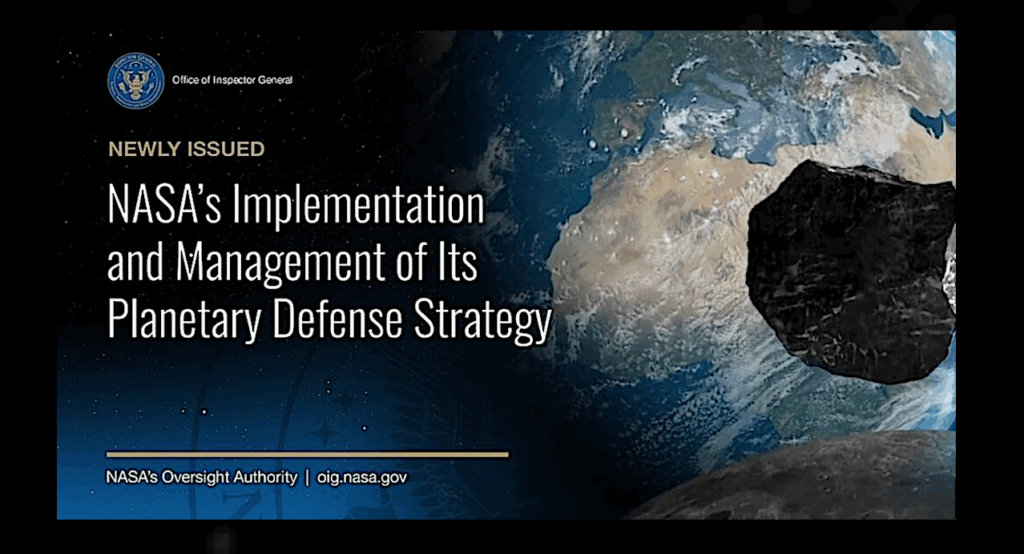Pluto Huggers Are Upset By The Use Of The Term "Planet 9"

 Keith’s note: (Sigh) This had to happen. Now there are planetary scientists who actually think that use of the term “Planet 9” is “insensitive” – and they even have a petition urging support for their barely-contained outrage. If the Pluto huggers were serious about the responsibility that goes with naming things on worlds they should have thought twice about naming surface features on Pluto after things such as a SciFi monster named “Cthulhu” whose head is shaped like calamari. And they were all nicknaming features like crazy before the IAU even had a chance to weigh in. But wait – weren’t many of the same undersigned complainers recently complaining about the IAU naming process – and demanding a greater role for public input in this process? Well, that is what is happening: there may be a large planet lurking in the outer solar system and some scientists and the public want to call it “Planet 9”. And they are. C’mon Alan Stern. You can’t have it both ways. Just sayin’
Keith’s note: (Sigh) This had to happen. Now there are planetary scientists who actually think that use of the term “Planet 9” is “insensitive” – and they even have a petition urging support for their barely-contained outrage. If the Pluto huggers were serious about the responsibility that goes with naming things on worlds they should have thought twice about naming surface features on Pluto after things such as a SciFi monster named “Cthulhu” whose head is shaped like calamari. And they were all nicknaming features like crazy before the IAU even had a chance to weigh in. But wait – weren’t many of the same undersigned complainers recently complaining about the IAU naming process – and demanding a greater role for public input in this process? Well, that is what is happening: there may be a large planet lurking in the outer solar system and some scientists and the public want to call it “Planet 9”. And they are. C’mon Alan Stern. You can’t have it both ways. Just sayin’
“ON THE INSENSITIVE USE OF THE TERM “PLANET 9” FOR OBJECTS BEYOND PLUTO: We the undersigned wish to remind our colleagues that the IAU planet definition adopted in 2006 has been controversial and is far from universally accepted. Given this, and given the incredible accomplishment of the discovery of Pluto, the harbinger of the solar system’s third zone – the Kuiper Belt – by planetary astronomer Clyde W. Tombaugh in 1930, we the undersigned believe the use of the term “Planet 9″ for objects beyond Pluto is insensitive to Professor Tombaugh’s legacy. We further believe the use of this term should be discontinued in favor of culturally and taxonomically neutral terms for such planets, such as Planet X, Planet Next, or Giant Planet Five.”
Petition signers below:
Paul Abell
Michael Allison
Nadine Barlow
James Bauer
Gordon Bjoraker
Paul Byrne
Eric Christiansen
Rajani Dhingra
Timothy Dowling
David Dunham
Tony L. Farnham
Harold Geller
Alvero Gonzalez
David Grinspoon
Will Grundy
George Hindman
Kampalayya M. Hiremath
Brian Holler
Stephanie Jarmak
Martin Knapmeyer
Rosaly Lopes
Amy Lovell
Ralph McNutt
Phil Metzger
Sripada Murty
Michael Paul
Kirby Runyon
Ray Russell
John Stansberry
Alan Stern
Mike Summers
Henry Throop
Hal Weaver
Larry Wasserman
Sloane Wiktorowicz









Since names from fiction are allowed, someone could discover a KBO and name it “Ix.”
There is already a Plutino named Ixion (formerly 2001 KX 76) orbiting between 30 AU and 50 AU from the Sun.
Sorry Alan, but it’s a DWARF!
What again is wrong with Planet 9?
I guess Planet 9 is now officially Oldspeak and is now banned.
Surely this petition would embarrass Tombaugh ?
Where snowflakes are made of methane….
yes it is readily apparent what needs to be done. Planetary scienctists and astronomers should be taking planet sensitivity training.
Actually Pluto should be known as Planet X since Neptune was Planet 9 and Ceres Planet 8.
No. Stern’s proposal is that large moons also be called “Planets”. So the moon, the 4 Galilean moons, Titan, Iapetus, Rhea, Tethys, Dione, Titania, Oberon, Enceladus, Mimas, (then Ceres), Triton, Ariel, and Umbrial, were all discovered before Pluto. And all appear to meet the hydrostatic equilibrium requirement.
So Pluto is “Planet 27”.
Or did they mean Plan 9…from Outer Space?
I want to ask a question. My motivation is nothing more than fact-seeking. I have no interest in re-starting the “Appellation Wars”.
My question is driven, at least in part, by observing planetary scientists, a group of very smart and highly educated individuals. And this key point: like all scientists, they are extremely protective of personal reputation.
And now the question: Why this childish behavior?
Put another way: Where is the payoff to winning the Appellation War? Is there some sort of advantage in how grant money is apportioned, for instance?
I’ve led an adult life fascinated by science and scientists. These researchers are intensely curious, rigorous, driven. Careers are often insecure. Paychecks do not fairly compensate. Reputation is a key part of compensation.
(And yes, I know that the discussion canhave, shall we say, a high Index of Mirth. Still, a large part of very serious).
So that’s the question. Why has the characterization of Pluto so inflamed our most capable and reputable scientists?
There are enough people involved that I doubt there is any single motivation. But I think you are missing a few, somewhat cynical, possibilities.
Keeping Pluto, and the images from the New Horizons encounter, in the news is valuable. The MESSENGER to Mercury ended at about the same time as the New Horizons encounter with Pluto. People seem to have forgotten MESSENGER and there isn’t much discussion of a follow-up mission. I don’t think that’s entirely due to scientific reasons. Part of that is they way Pluto seems to keep coming up, and how that keeps it fresh in people’s minds.
In a similar way, it is valuable to have your name associated with a highly successful mission, and to use every opportunity to remind everyone of that association. There is, or was, an school of thought that there is no such thing as bad publicity. I think this was especially common in the entertainment industry. Although the past year’s events show that there is such a thing as bad publicity, there is still some truth to the idea that publicity has a value, in and of itself.